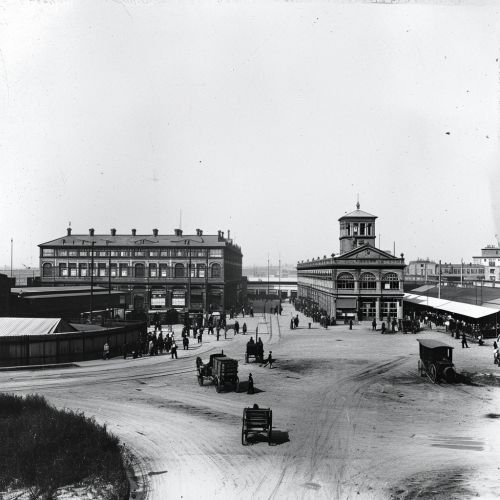Haymarket affair
Background
The Haymarket affair, also known as the Haymarket massacre or Haymarket riot, was a pivotal event in the history of labor movements in the United States. It took place on May 4, 1886, in Haymarket Square in Chicago, Illinois. The incident was a culmination of growing labor unrest and disputes over workers' rights, particularly the fight for an eight-hour workday.


Prelude to the Affair
In the late 19th century, the industrial revolution was in full swing in the United States. The working conditions in factories were often harsh, with long hours, low pay, and unsafe environments. Labor unions began to form in response to these conditions, advocating for better wages, shorter hours, and safer working conditions. One of the key demands of these unions was the implementation of an eight-hour workday.
The Strike
On May 1, 1886, labor unions organized a nationwide strike to demand an eight-hour workday. In Chicago, the epicenter of the labor movement, the strike was particularly strong. Tensions escalated over the next few days, culminating in a confrontation between strikers and police at the McCormick Harvesting Machine Company on May 3. The police fired into the crowd, killing at least two strikers.
The Haymarket Meeting
In response to the violence at McCormick, a public meeting was called for the following day in Haymarket Square. The meeting was peaceful and even began to disperse due to rain. However, as the last speaker was finishing his speech, the police arrived to disperse the remaining crowd.
The Bombing
As the police advanced on the crowd, an unknown individual threw a bomb into their ranks. The bomb exploded, killing one officer instantly and injuring several others. The police responded with gunfire, leading to a chaotic scene of violence. The exact number of casualties is unclear, but several police officers and numerous civilians were killed or injured.
Aftermath
In the aftermath of the bombing, eight anarchists were arrested and charged with murder. The trial was highly controversial, with many believing it was motivated more by the defendants' political beliefs than by evidence. Four of the defendants were hanged, one committed suicide in jail, and the remaining three were pardoned in 1893 by Illinois governor John Peter Altgeld.
Legacy
The Haymarket affair had a profound impact on the labor movement in the United States. It led to a backlash against labor unions, but also helped to galvanize the movement and led to significant labor reforms in the following decades. The event is commemorated annually on May 1, known as International Workers' Day or May Day.
